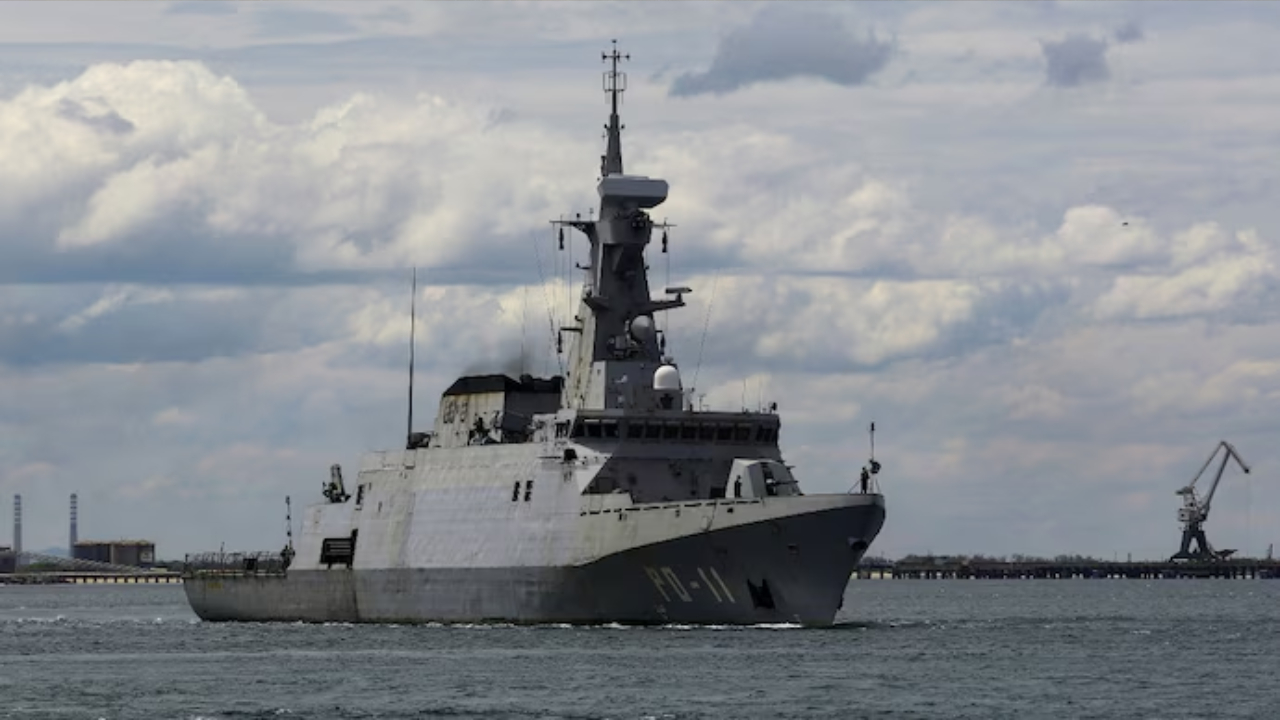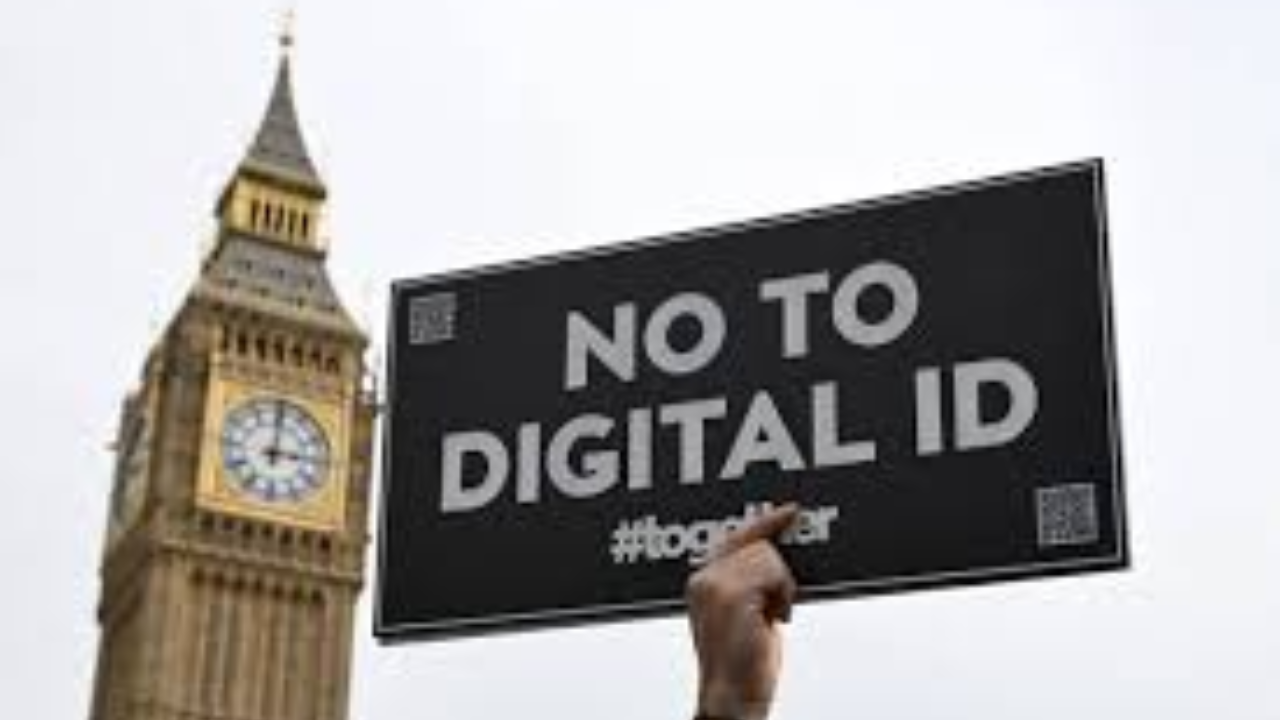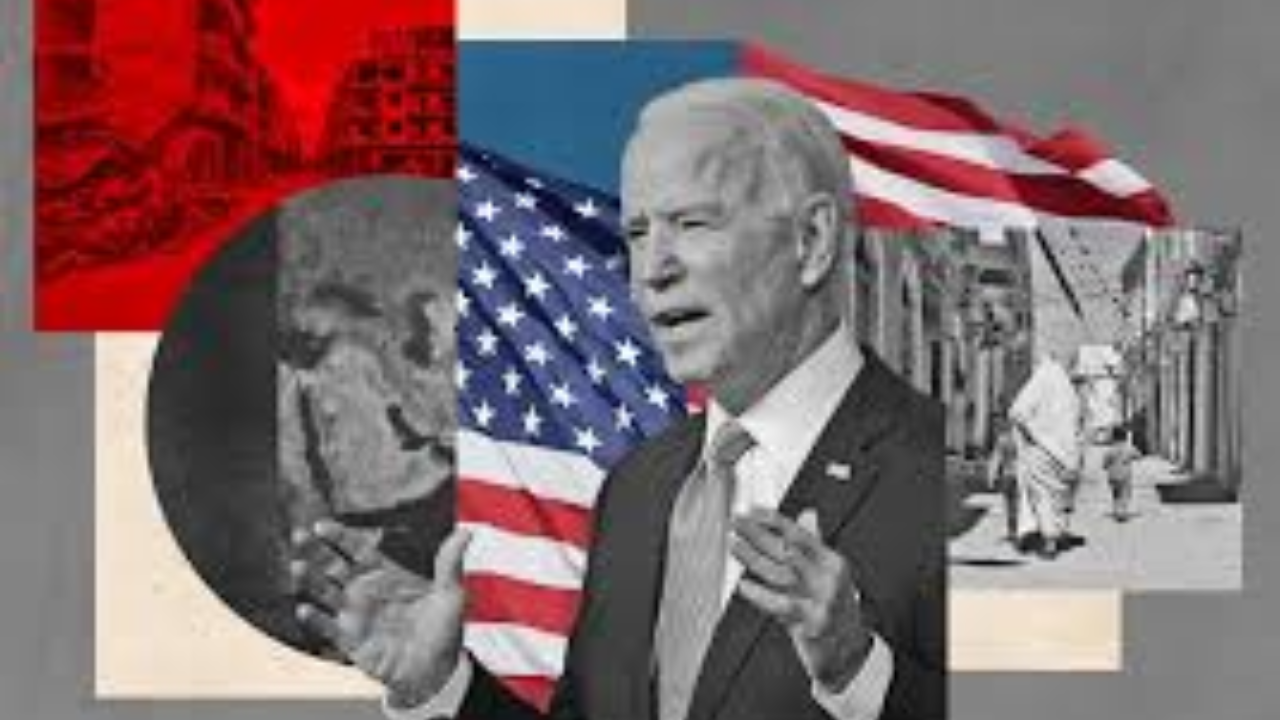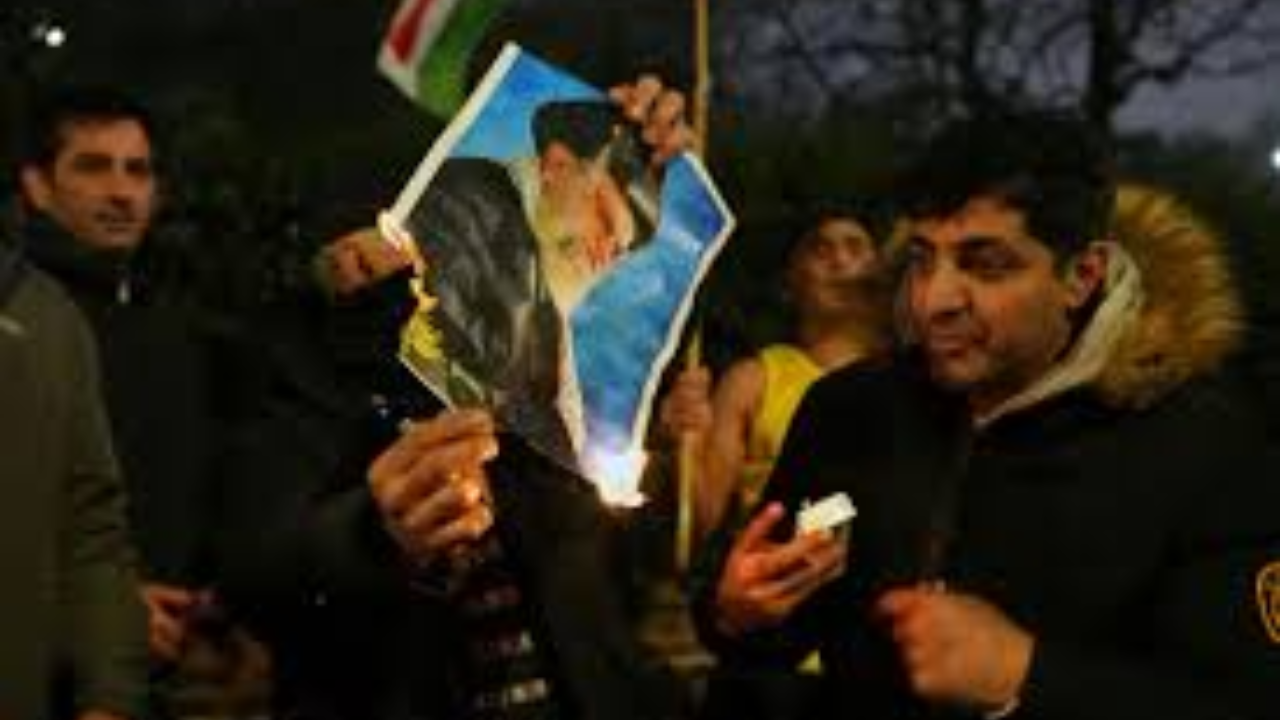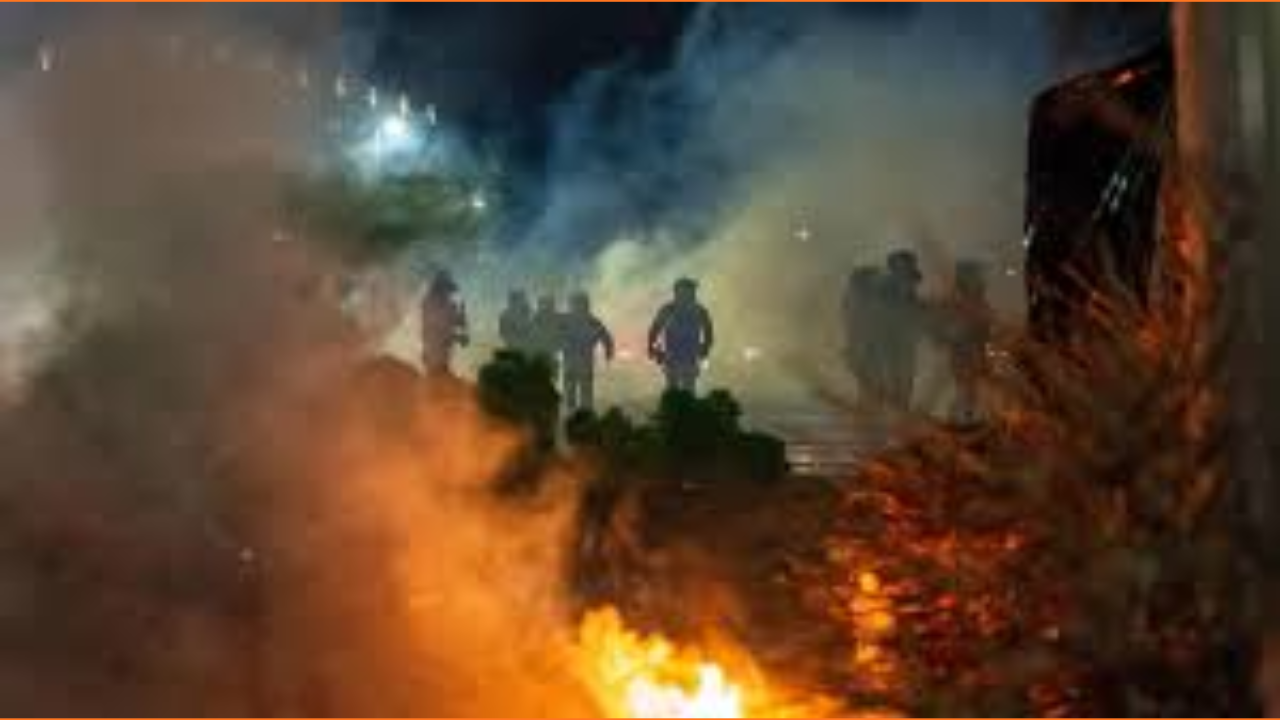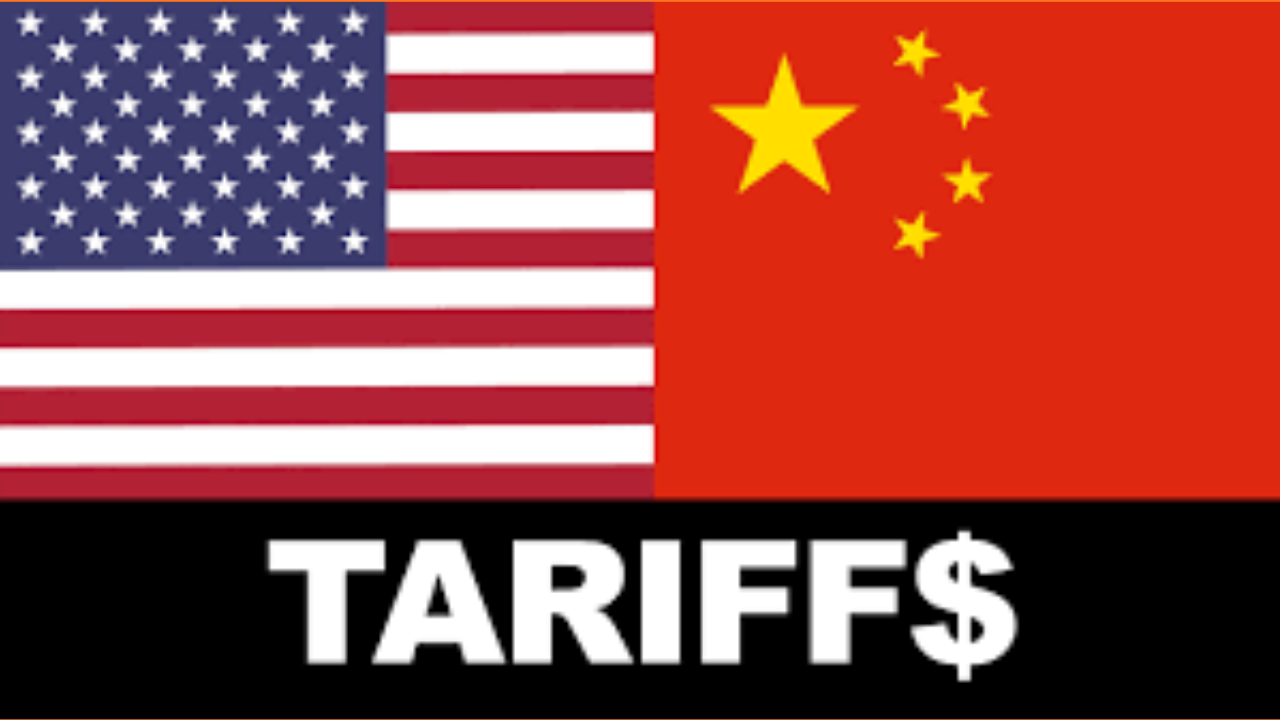The rhetoric from US President Donald Trump and his administration has escalated into a clear signal of imminent military action against oil-rich Venezuela and its leader, President Nicolás Maduro. Comparing the current build-up to historical US regime-change operations like Grenada (1983) and Iraq (2003), analysts see too many similarities to ignore.
Thank you for reading this post, don't forget to subscribe!As a part of his “maximum pressure” campaign, Trump has authorized covert CIA operations, doubled the bounty on Maduro to $50 million, and deployed significant military assets—including B-1 and B-52 bombers, F-35 stealth jets, and the massive USS Gerald Ford carrier strike group—to the region. With seven warships already present, the arrival of the Ford group will give the US more naval power near Venezuela than was deployed during the 1962 Cuban Missile Crisis.
The potential conflict is seen as having three primary options:
Covert Regime Decapitation
This is the most preferred scenario: achieving regime change without US military combat. It would rely on covert CIA operations to encourage a mutiny or force Maduro into exile. While difficult due to Maduro’s tight control and the lack of organized domestic insurgency, this option offers the “painless exit.”
Limited Military Pressure
The US would apply rapid, low-casualty pressure via limited air and missile strikes against Venezuelan military installations. The presence of the USS Gerald Ford and an estimated 10,000 US troops is meant to serve as “gunboat diplomacy,” pushing Maduro to concede power to the opposition and avoid further escalation.
3. Full-Scale Invasion (The Quagmire Risk)
If Maduro refuses to yield, a full-scale invasion becomes the last resort. While Venezuela’s military of approximately 100,000 soldiers is weak and easily overmatched by the US air and naval forces, the operation is highly problematic. Maduro has activated the 4 million-strong Bolivarian militia (civilian volunteers) to engage in guerrilla warfare. This, combined with Venezuela’s jungles and mountains, could turn the invasion into an Iraq-style quagmire, making this the most unlikely scenario given US public opinion against another prolonged war.
